Have you heard of the saying “Monsters are not under your bed but are inside your head?” Surprisingly, this holds truth. No matter our mental and emotional resilience, we all harbor inner demons waiting for the right opportunity to challenge us.
Interestingly, our biggest critic often turns out to be ourselves. Why is that so? Why is it so easy to be kind to others yet struggle to be gentle with ourselves?
This stems from self-criticism. Self-criticism means looking at your own actions, qualities, and spotting the things you think you didn’t do well or areas you believe you can improve. While this can be good for pushing yourself to grow and get better, being too hard on yourself can tarnish your self-esteem and mental health (1). However, in the shadow of self-criticism lies the light of self-compassion—a beacon that leads us towards self-acceptance and inner peace.
The wisdom, “The most powerful relationship you’ll ever have is the relationship with yourself,” underscores an often neglected truth: we sometimes forget our worth. What, then, exactly is self-compassion? And how crucial is it to our mental and emotional health?
Self-compassion, in its essence, is the act of directing acceptance, love, and understanding towards oneself. In moments of failure or self-doubt, it guides us towards supportive self-talk and empathy, rather than blame, judgment, or criticism. It’s a trifold concept, encompassing mindfulness, common humanity, and self-kindness (2).
Now, you might be wondering how to cultivate this self-compassion, especially when your inner critic is particularly loud. Fear not! We’ve laid out a simple yet effective 5-step process to help you in this transformative journey.
Step 1: Identifying Your Self-Critical Voice (3)
The first step in any transformation is acknowledgment. It’s important to understand how often and in what situations this inner critic speaks up. By pinpointing these moments, you can begin to understand your triggers and be better prepared to address them. For instance, Imagine you’re learning how to swim. As you struggle to float or coordinate your strokes, your inner critic might start whispering, ‘You’re hopeless in the water. Why even try?’ Recognizing this voice when it happens is the beginning towards overcoming it and gaining confidence in your abilities.
Step 2: Let Go of Resistance and Embrace Acceptance (4)
The more you resist a thought, the stronger it becomes. Instead of pushing these self-critical thoughts away, acknowledge them. By doing this, you rob them of their power over you. Consider a time you made a minor mistake at work. Instead of obsessing over it and thinking, “I shouldn’t have done that,” accept the thought and counteract it with, “I made a mistake, but it’s a part of the learning process.”
Step 3: Practice Mindful Awareness (5)
Mindfulness means staying present and fully engaging with the here and now. It allows you to witness your thoughts without getting entangled in them, creating space between the thinker and the thought. To give context, while preparing a meal, you accidentally burn the food. Instead of getting caught in a whirlwind of self-critical thoughts like, “I’m a terrible cook,” practice mindfulness. Observe the thought, understand it’s a natural reaction to the situation, and then let it go, focusing on the present moment.
Step 4: Reframe with Kindness (6)
Reframing involves altering your perspective on a given situation. Instead of allowing the self-critical voice to dominate, challenge it with a kinder, more compassionate view. As an example, if you missed an appointment and you think, “I’m so forgetful and irresponsible,” reframe it to, “Everyone has a lot on their plate and can forget things. I’ll make a reminder next time.”
Step 5: Seek Help and Support (7)
Sometimes, the weight of our inner critic can be too much to bear alone. It’s okay to seek external support, whether it’s friends, family, or professionals. They can offer a different perspective, provide validation, or give tools to better cope with self-critical thoughts. For instance, after enduring recurring episodes of anxiety and harsh self-judgment, consulting a psychologist can be transformative. Within the therapeutic space, they offer tailored coping mechanisms and insights, leveraging their professional insight to help you address the root cause of negative self-talk.
Always remember that you are more than enough. With these steps, you can shift from internal self-doubt to internal self-love. Keep in mind that every journey begins with a single step. And this journey? It begins with the belief that you deserve kindness from the world and from yourself.
If you’re seeking further assistance in this transformative journey, “Mind You” is here to help. We specialize in providing tools and resources that foster self-improvement and nurture a more compassionate individual within you. We believe that everyone has the potential to cultivate a positive inner voice, and we’re dedicated to helping you discover yours. Download the “Mind You” app or visit www.mindyou.com.ph/public for more details and let’s embark on this journey together.
References:
(1) APA. (2023). Self-Criticism. APA Dictionary of Psychology. Apa.org. https://dictionary.apa.org/self-criticism
(2) Neff, K. D. (2012). The science of self-compassion. In C. Germer & R. Siegel (Eds.), Compassion and Wisdom in Psychotherapy (pp. 79-92). New York: Guilford Press.
(3) Firestone, L. (2019). Steps to Overcoming Your Critical Inner Voice. Psychology Today. https://www.psychologytoday.com/intl/blog/compassion-matters/201005/steps-overcoming-your-critical-inner-voice
(4) Eddins, R. (2016, May 17). Working with Your Inner Critic. Psych Central; Psych Central. https://psychcentral.com/lib/working-with-your-inner-critic#1
(5) Burnett, T. (2022, December 30). The Inner Critic – Mindfulness Northwest. Mindfulness Northwest. https://mindfulnessnorthwest.com/3class/msc/the-inner-critic-tim-burnett/
(6) Gerber, H. (2023). Change the Internal Narrative by Confronting Your Inner Critic. The Science Survey. https://thesciencesurvey.com/editorial/2023/06/06/change-the-internal-narrative-by-confronting-your-inner-critic/





